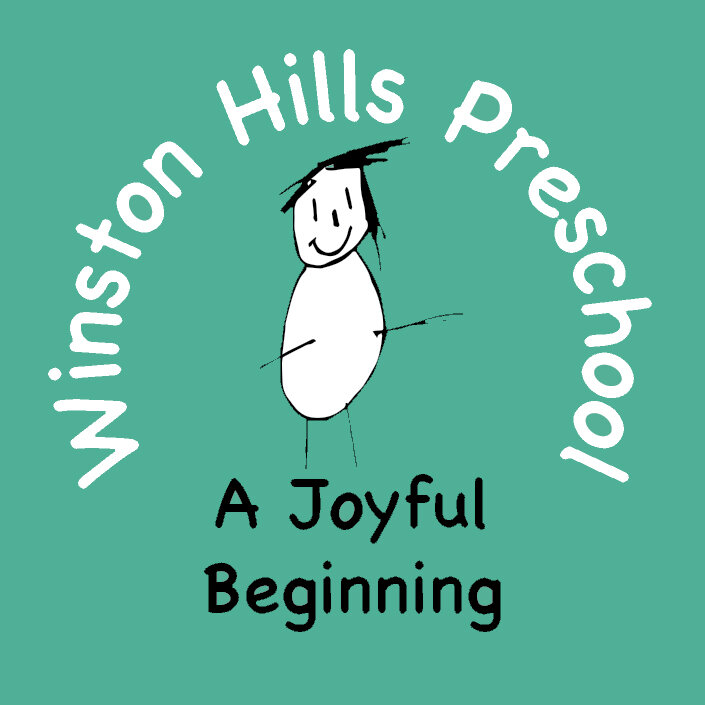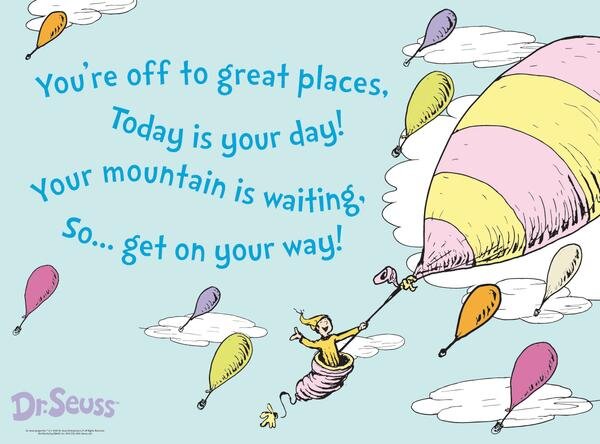Transitioning to Prep
STARTING SCHOOL
BY KIDS MATTER
Transition to school
Starting school isn’t just about a child’s first day. The transition to school is a process that occurs in the months leading up to their first day, week and month.
For children, it can mean many changes along the way. These changes can bring about excitement as well as nerves.
Watch the video to find out how you can support children on their first steps into primary school.
This is the introduction to a 6 part series:
Video 1 - Thinking about transition to school
Video 2 - Getting ready for school
Video 3 - Understanding behaviour
Video 4 - Problem solving
Video 5 - Coping skills
Video 6 - A change for the whole family
You can find all of these on the KidsMatter youtube channel.
https://www.youtube.com/channel/UCcHp8wf8ZSg9GTeQ7qExwyw
TRANSITIONING TO PREP IN 2021
Physical attendance at kinder has been affected as a result of coronavirus (COVID-19) and many of our children have been learning from home for different periods this year. Fortunately, our kindergarten has been able to offer a comprehensive remote program throughout the various lockdown stages.
Despite the impacts on our kinder program, it is important to remember that all children are different, even those of similar ages, and no matter what experiences children have had in their kindergarten year, they will have developed a range of skills and abilities that form the basis for further learning.
Most children will make a successful transition to school from their four-year-old year. Schools will be providing environments that are flexible, adaptable and responsive to individual children, as well as access to additional support or specialist staff where needed. We will be working as closely as we can with our children's prep teachers and schools to provide a smooth and successful start to their school journey.
In partnership with families we will be preparing your child's Transition Learning and Development Statement (TLDS) in term 4. This document is sent to your child's teacher to give them a picture of your child and how they learn best. It:
summarises a child's learning and development
identifies their individual approaches to learning and their interests
indicates how the child can be supported to continue learning.
We will provide more detailed information on this early in Term 4.
TRANSITION:
Transition movement, passage, or change from one position, state, stage, subject, concept, etc., to another; change:
IDEAS & TIPS
With your child
Find a fun routine to make saying goodbye a bit easier:
• Try a high-five
• Bear hug
• Secret handshake
• 3 big kisses + 1 big cuddle
A way for them to connect with you through the day if they are feeling lonely:
• Draw a heart on their hand
• Spray some of your perfume/aftershave on a hankie
• Take a special something of yours in their pocket (nothing valuable)
It's all about food
• Plan their lunchbox together
• Make & bake with them
• Leave them a note
• Write a message on a banana
• Wrap up a small surprise treat
LIGHT AS A BUBBLE - TEENY TINY STEVIES
This gentle song encourages kids to say goodbye with ‘three big kisses, one big cuddle’ by one of our favourite music groups.
Teeny Tiny Stevies.
SOCIAL & EMOTIONAL READINESS
Our program views the teaching of social and emotional skills as one of the most important parts of our curriculum. These key areas of development are most important for a child in regard to school readiness. Many parents mistakenly believe that -reading, writing and knowing colours or numbers are the indicators of readiness. This stems largely from the importance placed on these skills when they went through the schooling system. We now know through research that it is the social and emotional skills learnt at kinder that will assist most in the transition to school.
We can measure your child's school readiness by asking these questions:
At kinder can your child:
1.Separate easily at drop off.
2.Are they able to make a decision independently about where they are going to play
3.Start, engage and continue engagement (6 –8 minutes) in play.
4.Work and play besides other children
5.Have basic independence skills
6.Sit with their kinder group and engage with peers and educator
7.Self regulate their emotional response when they need to do something they don’t want to do.
8.Solve basic problems and ask and adult or peer for help if needed.
These skills will enable your child to thrive and grow in the large group of children they will encounter at school. Most children will have these skills when they start school because they have had them modelled by educators and they've practiced using them every day. We need to remember though that these are skills that are developed and learnt over time all the way through our lives.
During these times of COVID many things have changed in our family lives and your child will have days when their social and emotional skills are challenged. This is when we need to give them time, space and practice our skills of patience!




